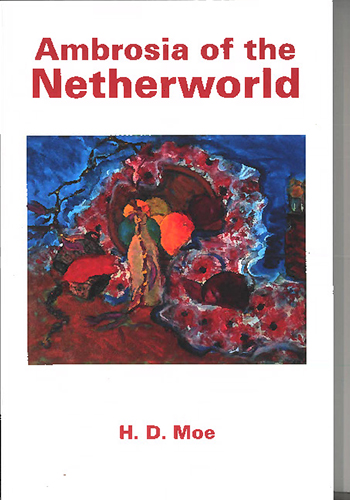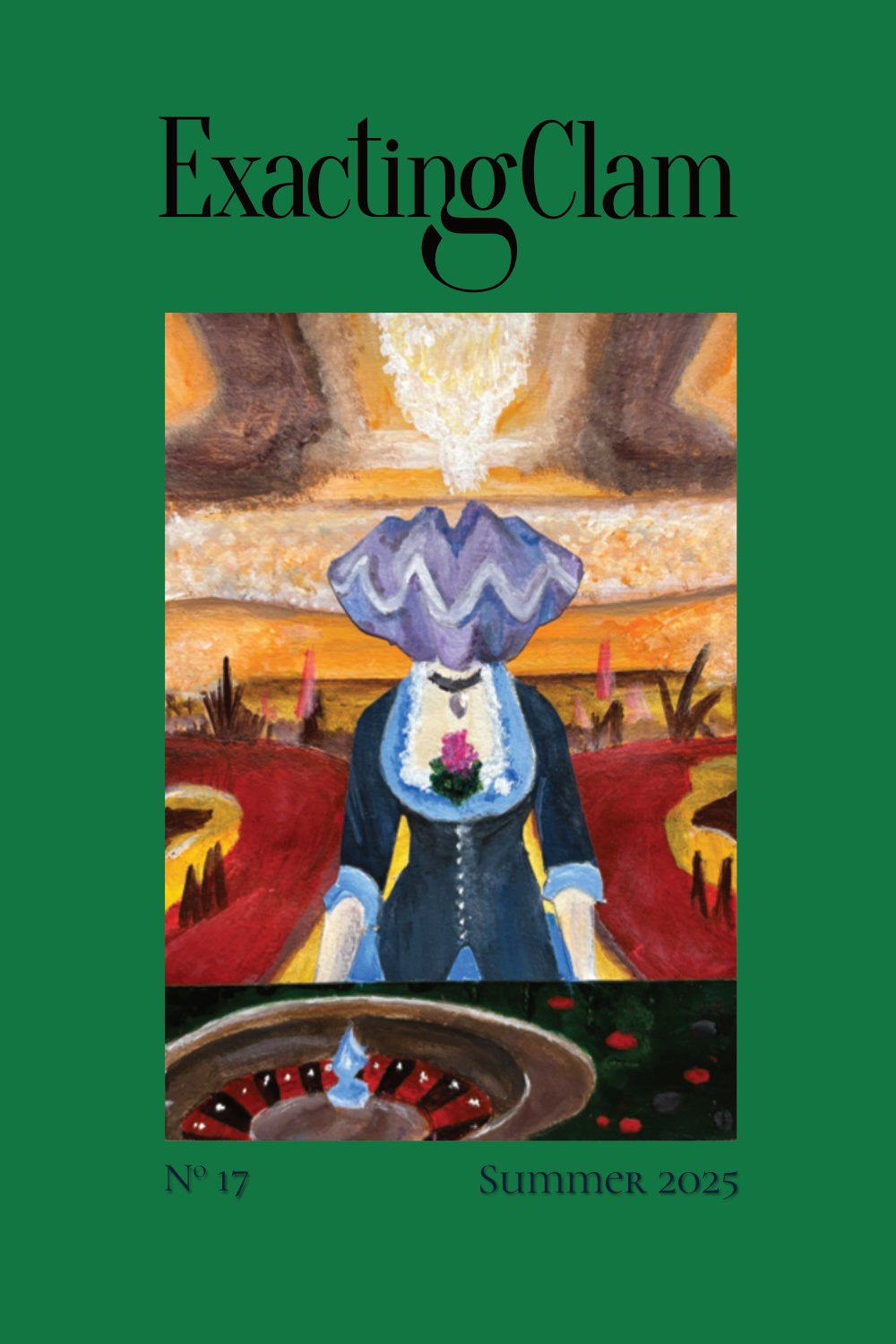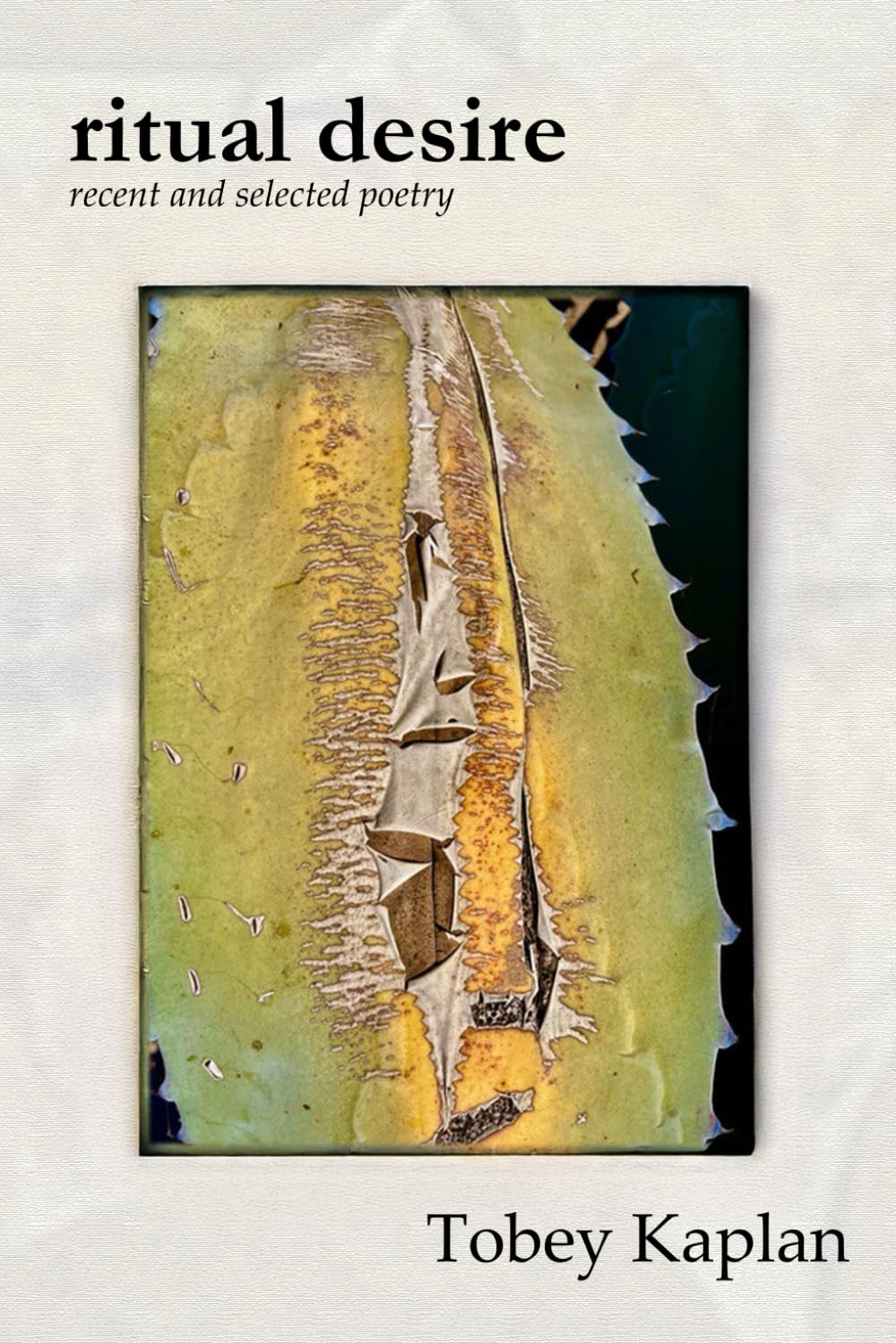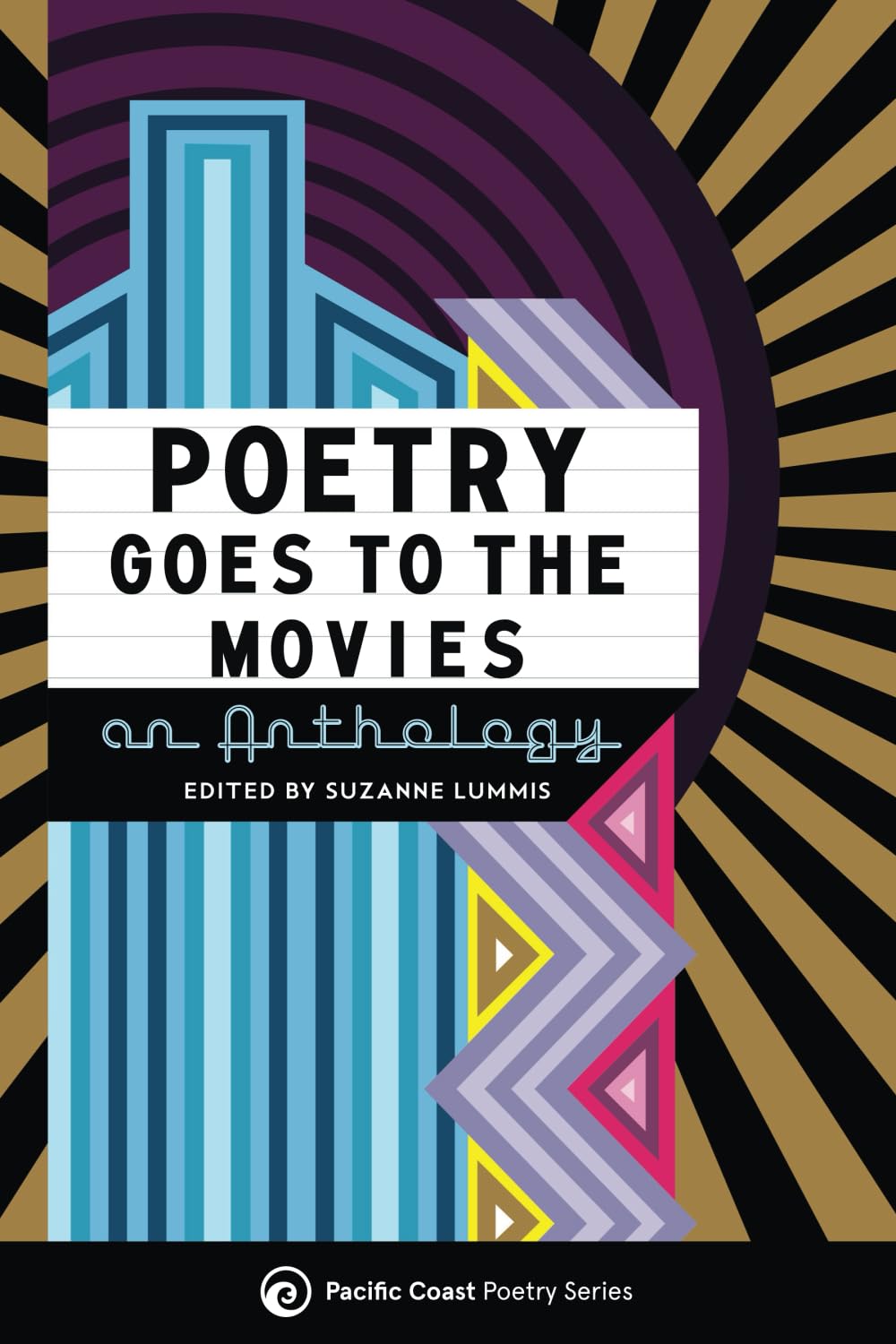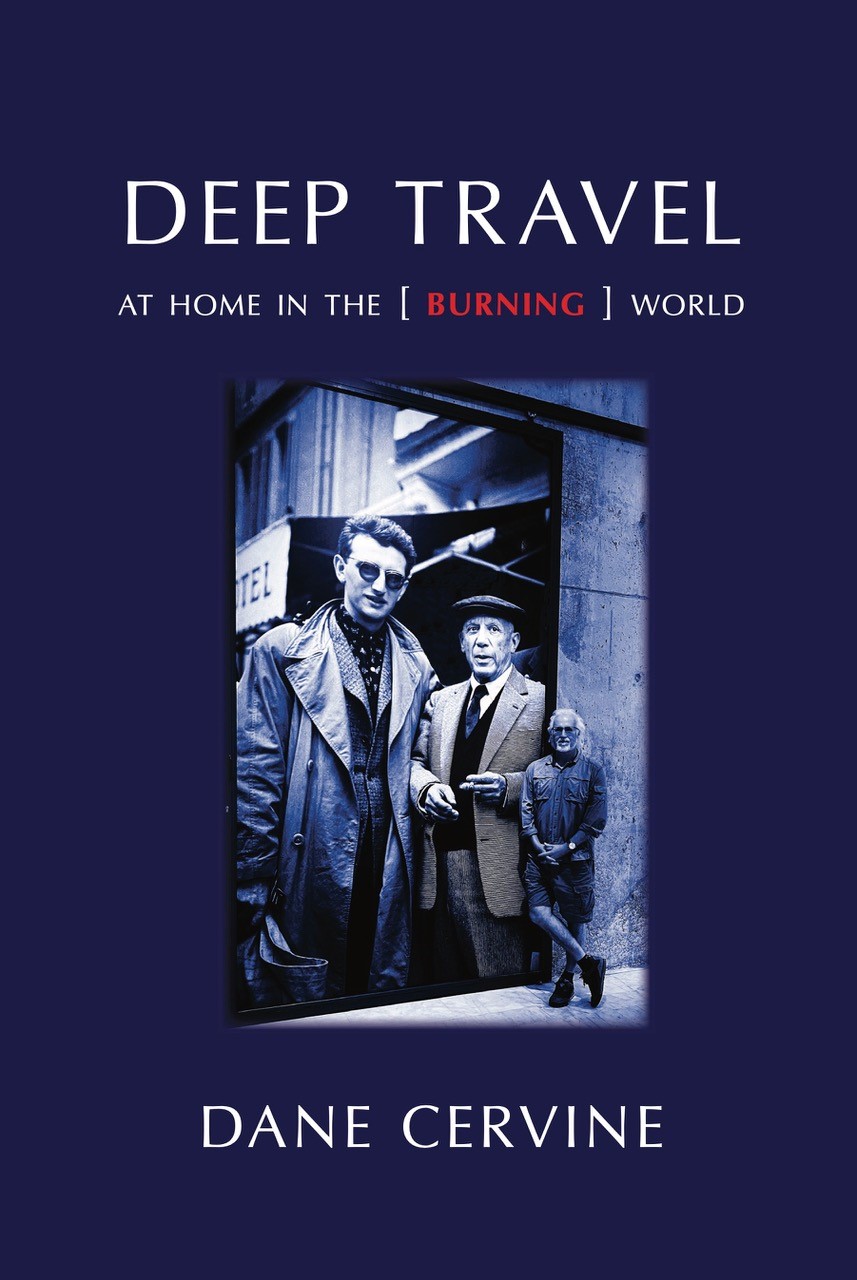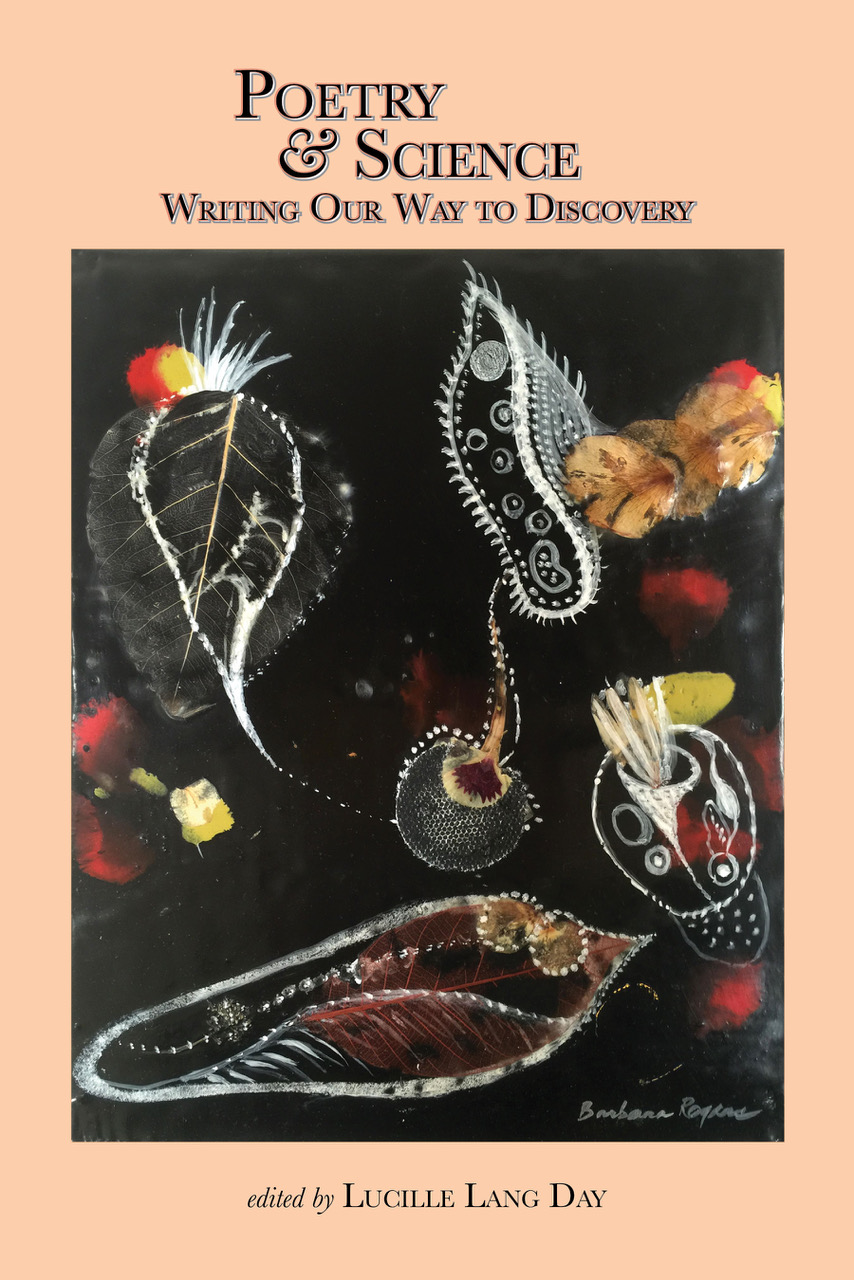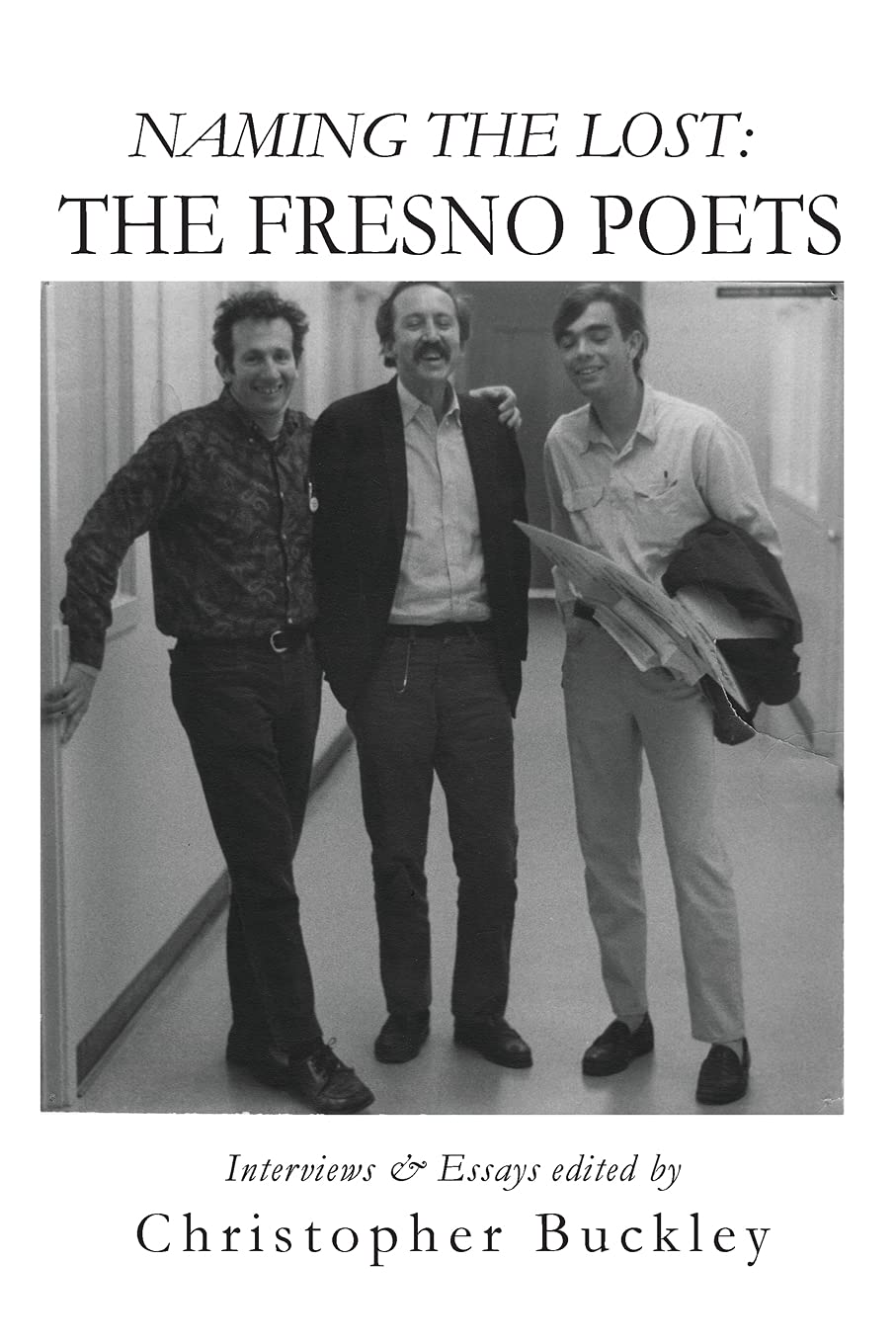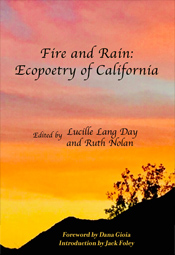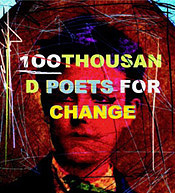
Erasing the Times
a review by Peggy Dobreer
Obliterations, Erasures from The New York Times, by Heather Aimee O'Neill and Jessica Piazza, Red Hen Press, Pasadena, 2016, 80 pages, $11.95 paperback.
WHEN I RECEIVED OBLITERATIONS in the mail, I was immediately struck by its visual elegance and cover detail, an abundance of clear white space out of which every other element leapt. And those elements? All of New York represented in the soft confines of an enormous block letter "O." The reader's eye is gathered in a nest of pilings jutting up from the ocean's surface and looking past them into the distance, into the whole of the city sitting in its mist.
But wait! Are the Twin Towers hiding behind (obliterated by) the emboldened letters ERA; the era of OblitERAtions, of ERAsures? I don't know New York that well, or perhaps the photo was taken after they fell, but I begin this review of the book with a deep nod to cover design artist, Mary Austin Speaker, to her layers of thought expressed and found points of focus, to the way the cover art trains the eye on that which it wishes the reader to see. Much like the poems inside.
Obliterations is a book comprised of pairs of erasure poems extracted by Jessica Piazza and Heather Aimee O'Neill. They were 'chiseled' from articles in the New York Times over a twenty-year span after the authors' professor, Eric McHenry, (or so he says on the back cover) thought these two classmates needed a little something extra to keep their writing 'occupied.' What more abundant resource could there be than the whole of humanity reflected in the news of the day?
The poets worked on opposite coasts, but with the same source material. Although a collaborative project in terms of original conceit, they wrote nothing together, but individually they wrote poem after poem of finely crafted, deeply personal, and concrete narrative, something hard to find in erasure poems, many of which have traditionally tended toward image or sound work. But these poems find their 'ground zero' in every case and jump to the page on their own strength. There are two books here, and a third in the cross-pollination of language between them.
Although it's almost impossible not to mentally note when the poets have utilized the same phrase or word, it was the pairs that caught the spirit and emotion of the original article without language similarity that struck me most vividly.
For example, from "Books," in both of these erasures, I am transported to the outer limits of imagination where creativity and energy are in constant barter. They make me want to read the original article (cited but not included in the manuscript), to know the specifics, the measurements, the scaffolding under which these mystical assessments were made. In some ways, all of poetry and its place in literature seem to me contained herein:
…the quicksand
of mouth, the passages
startlingly irresistible,
mysterious. A chrysalis…
[HAO]
…powers that keep the world afloat.
Some cosmic balance in this magnitude.
[JP]
And from "Movies," I am taken by the shifting unreality of the silver screen, what it is and what it isn't:
that there are ruptures
where once there was a path,
that death suggests
something simpler,
[HAO]
They were looking to achieve something timeless.
Synthesis of everything.
But not that.
[JP]
Perhaps my favorite pair of poems came from "Dining," titled "Temptation" and "Succumb To." Are they love poems, or deeply existential quips? How the first poem sets the possibilities in motion, and the second answers the call, even while posing them again:
The first change
was to use the word:
You.
[HAO]
The half-tender,
perfect: if.
You could.
You don't want to.
You could.
You want to.
[JP]
I recommend this book, it's intricacies and interconnectedness. Take your time with these poems. Return over and again. There is so much lurking under the surface. I have barely begun to dive in at the time of this writing. I believe one could spend the same twenty years unpacking these poems as was spent on their initial unveiling and never tire of their cunning, craft, and intelligence. ![]()
Peggy Dobreer is a Los Angeles poet with one Pushcart nomination and one book, In The Lake of Your Bones, Moon Tide Press. She teaches poetry for WITS (Writers in the Schools), Red Hen Press, and independently at E=Mc2 Bodied Poetry Workshops. She curates THE RwIrGiHtTe READ series at Stories Books and was one of ten poets included in the first Aeolian Harp Folio Series from Glass Lyre Press.
— POSTED MAY 2017











































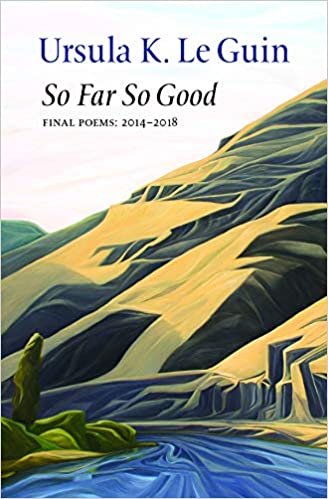 So Far So Good: Final Poems, 2014-2018
So Far So Good: Final Poems, 2014-2018 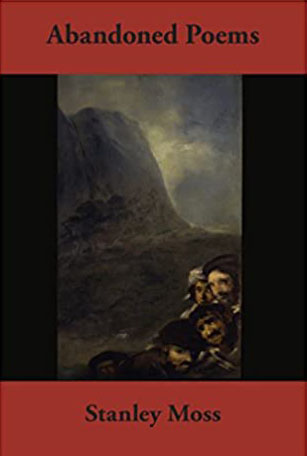 Abandoned Poems
Abandoned Poems 















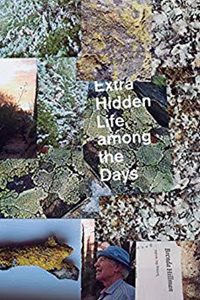 Mississippi
Mississippi 



















































